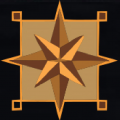Services

“A competitive simulation or war game is used to build and test strategy. War games have been used by military leaders throughout history, notably by the Persians and Napoleon, and more recently by the U.S. when planning its invasion of Iraq. They have also been used effectively by business executives, leaders in government agencies, and even non-profits. They can be powerful tools to generate creative ideas, surface and resolve taboo issues, anticipate competitive responses, identify and prioritize stakeholder needs, assess likely market acceptance of a product or service, or to build and test a strategic plan. As Karl Von Clausewitz so eloquently put it, “everything in war is simple; but the simplest thing is difficult…” –
“Battle for Value: Wargaming for Business, Non-Profit and Government Strategy Development,”
Micah May and Timothy Smith, IGI: 2012.
Helping you anticipate the future & outmaneuver the competition
Competitive Simulations Inc. helps solve competitive challenges with war game facilitation and other services. Participants in war games describe the experience as exhilarating, challenging, fast-paced, fun, exhausting and very educational!
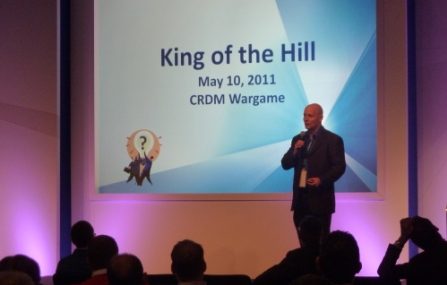
War Game Facilitation
Competitive simulation facilitation, also known as war game facilitation. Using Competitive Simulation Inc’s proprietary approach, these are 1-2 day team processes that begin with documenting the specific competitive challenge and the reasons why this challenge is critical to your organization.
The events can also be held online in virtual meetings, usually three or four half-day events that are spread over a two-week period. Online events can be equally effective in developing quality results. Relationship- and team-building objectives are less effective online than at in-person meetings
Leading Your Team
We lead your teams through processes and tools to gain a deeper understanding of the competition.
Our objective is to engage the participants to respond to the defined challenge, supported by competitive intelligence and analysis tools. This process level-sets knowledge and builds consensus to support agreed-upon strategy and tactics.
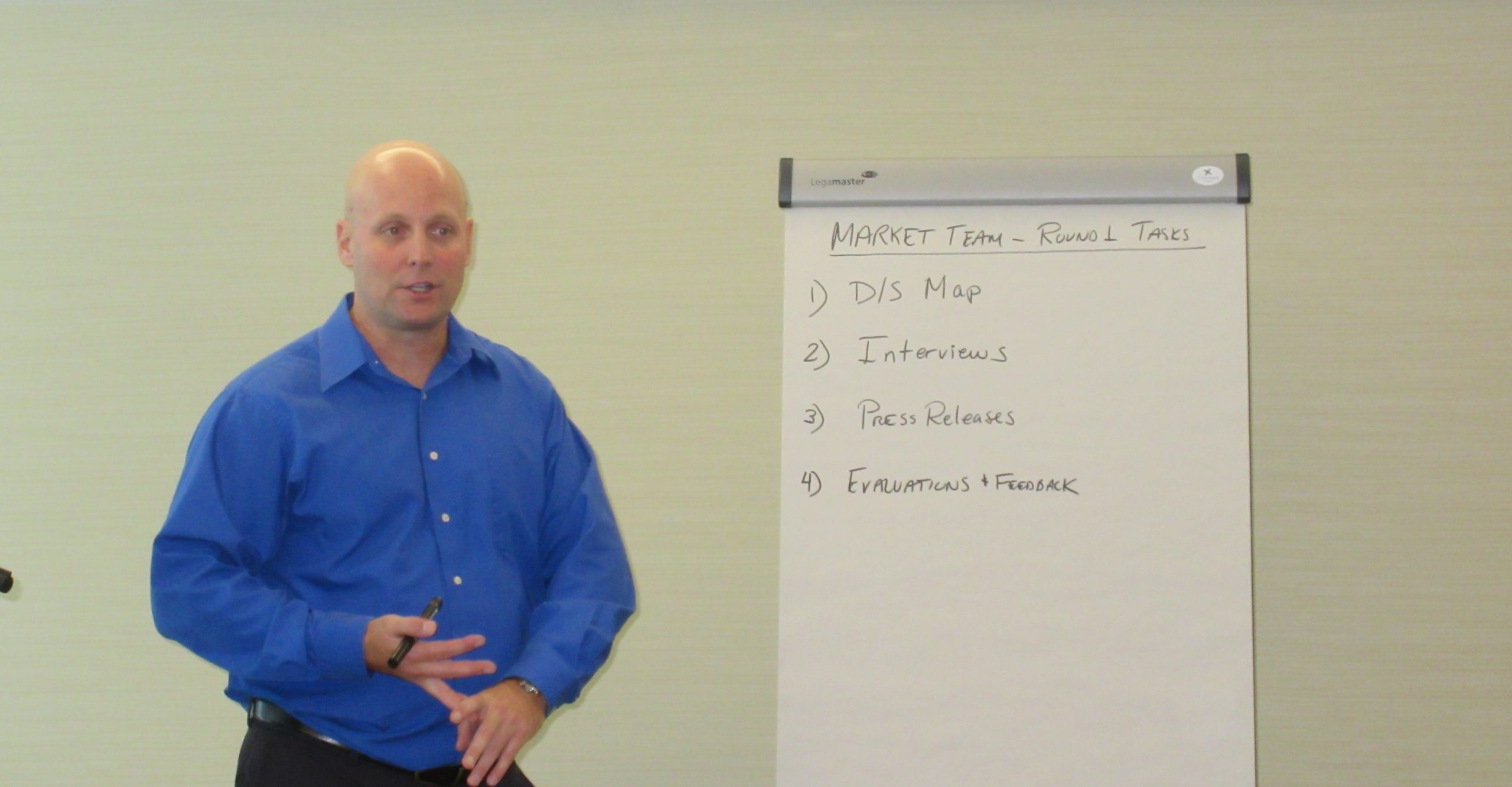

Role-played Simulation
A war game is a role-played simulation of a business challenge. It involves teams representing a market or customer, a set of competitors, and a series of other uncontrollable factors or entities. The teams proceed through rounds representing a specific period of time or a phase in a plan. All teams act concurrently, each without all the information it would like to have about what its competitors are currently planning or doing, or exactly what is going on among the uncontrollable factors.
Learning from the Game
Throughout the game, teams learn how their decisions and actions affect their competitors, and how their competitors’ actions and uncontrollable market events impact them. By the end of the game, the “home team” has discovered where its durable advantages and market vulnerabilities exist. Together, the entire group builds on what they learned to isolate top concerns and action plans. The participants come out of the game with greater knowledge about their competitors and the market, new ways to consider strengths, weaknesses, opportunities and threats, and shared understanding of go-forward paths. The engagement ends with a final overview of the event and documented plans to move forward.
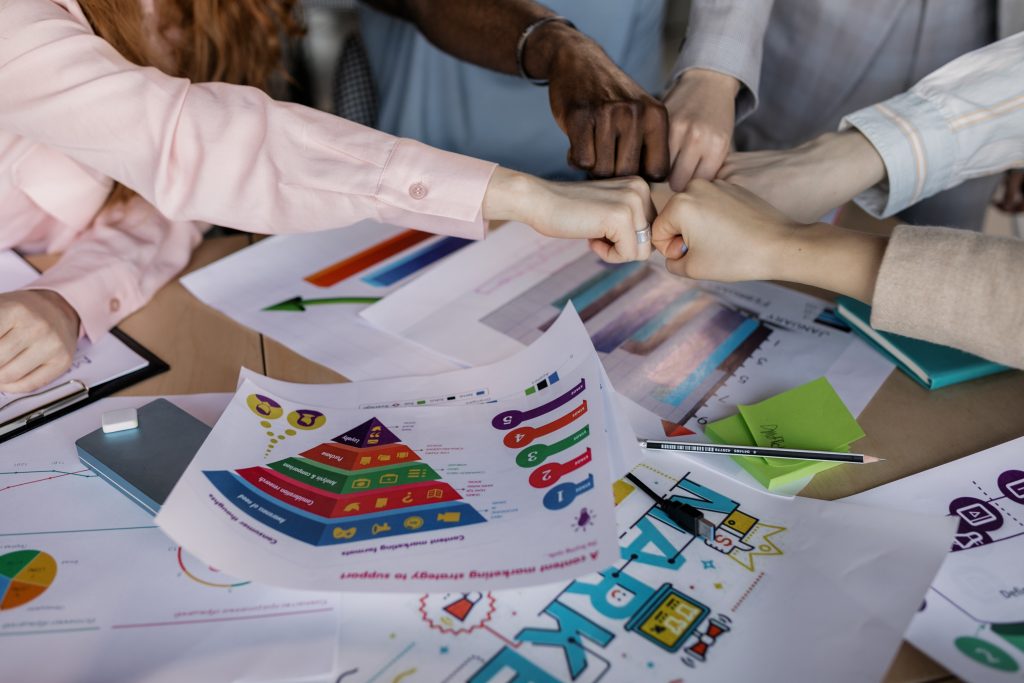
Competitive simulations (war games) produce insights, strategy, action plans and deliverables, along with soft benefits for organizations:

Insights
Understand how competitors and other market players may react to various scenarios
Develop justification that enable the sponsors to “sell” more significant strategic options generated by the simulation
Strategy
Shift the team’s focus to external competitors.
Provide a critical link between strategy and tactics
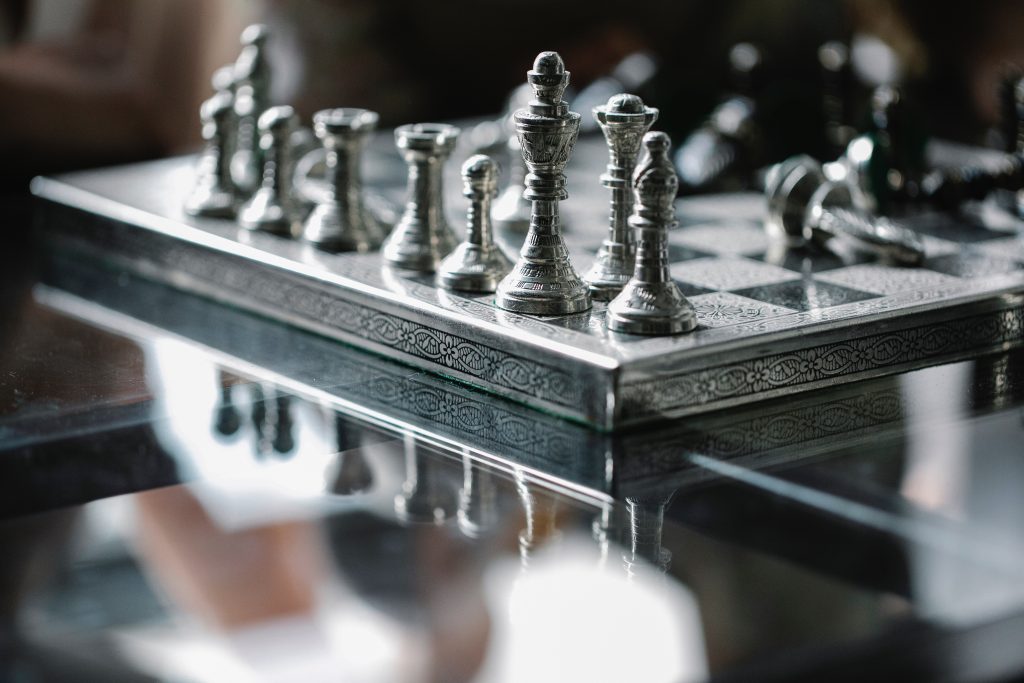

Action Plans
Explore and test future competitive strategies to discover any weaknesses in a plan and identify possible consequences of plan adoption
Generate a Probability-Impact Grid (PIG) that allows ongoing risk and opportunity assessment
Deliverables
Hard deliverables outline changes to be made to current company plans
Soft deliverables allow you to learn more about the skills and abilities of the group and team members.
The game builds teamwork and passion for winning.

THE FIVE COMPETITIVE FORCES THAT SHAPE STRATEGY
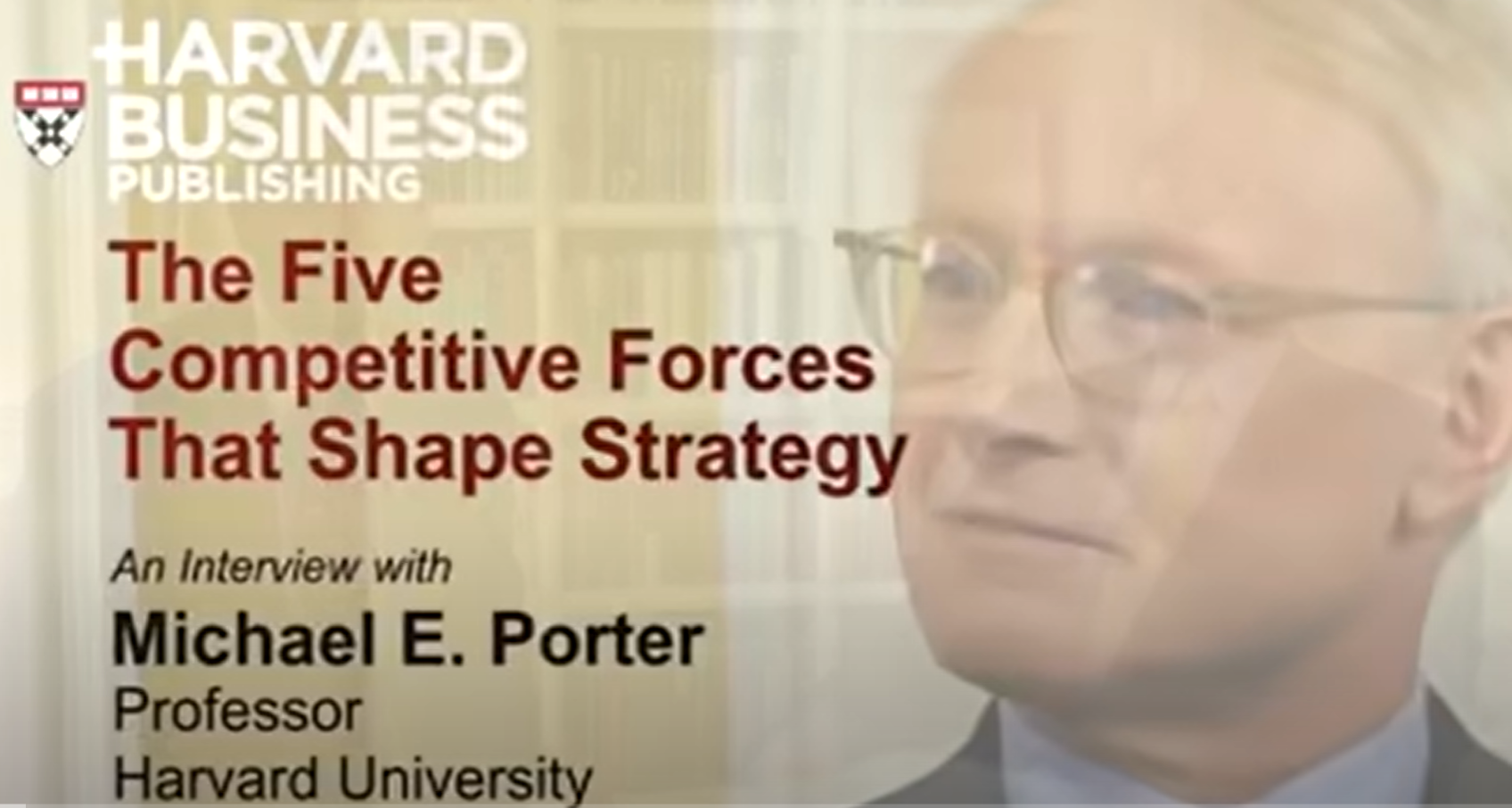
MICHAEL PORTER’S THE FIVE COMPETITIVE FORCE THAT SHAPE STRATEGY
